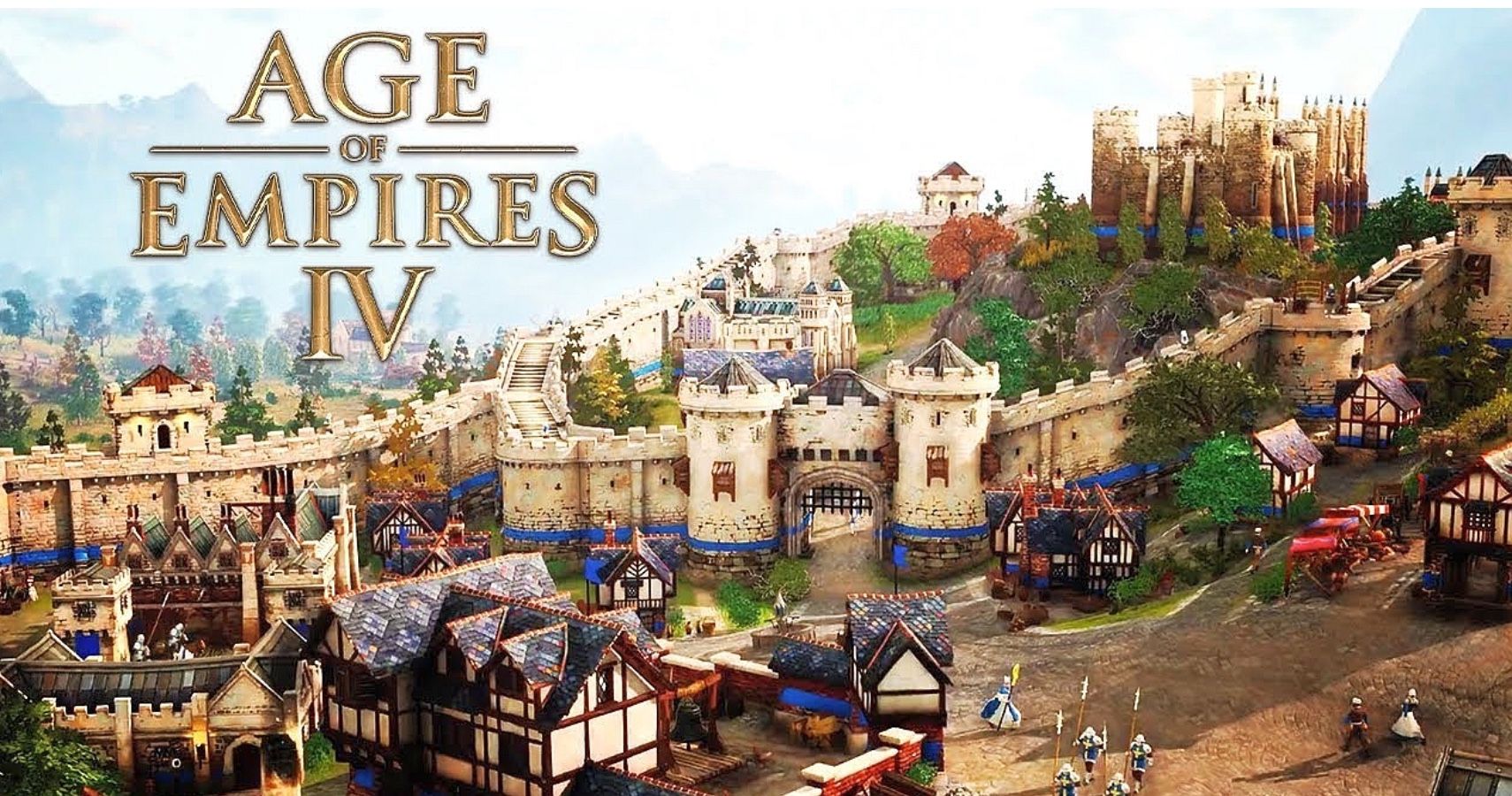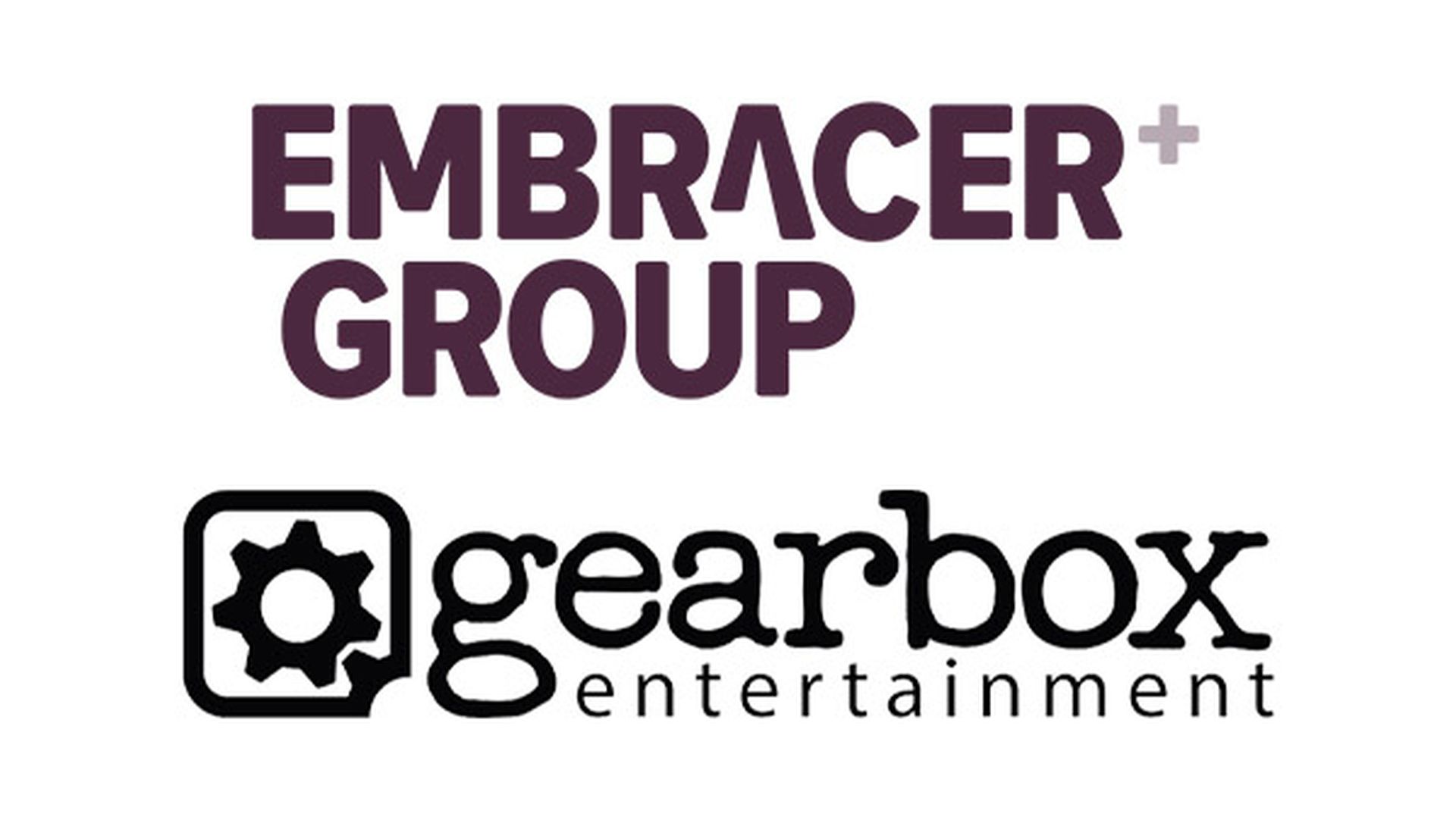
When you think of who makes video games, a variety of different people might pop into your head. You might think of 'developers' as a nebulous catch-all, or maybe you know enough about the industry to understand the different departments like programming, design, QA, and the rest. Maybe you think of it as 'computer people' and 'performance people', with names like Roger Clark, the actor who plays Arthur Morgan, springing to mind as the man behind Red Dead Redemption 2 more than any single developer. Maybe your mind goes to the auteurs of the industry, despite the idea of an auteur being outdated and inaccurate for gaming. Wherever your mind goes, you probably don't think of the people in charge of culturalization.
"I focus on pretty much all the non-linguistic content, which in a game is like a tonne of stuff," Kate Edwards, founder of culturalization firm Geogrify, says. "So pretty much anything visual, anything audio, I look at like character design, I look at the environment, I'm looking for anything that is going to disrupt the user experience. So they're playing along, they're having a great time. And then they see a character with a certain symbol on their armour, or whatever. And they're like, 'Wait a minute, in my country, my culture, that means fill-in-the-blank'. That checks them out of the immersion that you're aiming for and again, experience. And so I'm looking for that kind of stuff. But at the same time, I'm also looking for ways depending on the game and the company making the game. How can we enhance the experience for certain people in certain cultures? What things can we add to the environment that's going to make it feel more resonant with who they are and with their culture? That's basically what culturalization is."
Related: Interview: How EVE Online's Alliance Tournament Came TogetherAn easy way to think of it is that localization translates the language in a game – if a game is made in, say, Japan, it will need to be translated into English in order to sell in the US or the UK. Culturalization translates pretty much everything else. As Edwards explains, that might be recognising symbols that are political or controversial, but it might also mean altering the tone of exchanges between characters because the literal translation will come across poorly, all without disturbing the tone of the original's intentions. Done right, it shouldn't change the experience of playing the game any more than changing the language from Japanese to English should.

"From a player standpoint, it's almost invisible, and that's really the point," Edwards says. "We want them to just enjoy the experience as it was, as it was designed, enjoy the world that was built, enjoy the narrative that was created for them, and not really think about these issues. Let's say we have a game that deals with potentially controversial subjects, or deals with the real world – right now we're working fervently to finish up Age of Empires 4, and I've worked on all the Age of Empires games. Of course, those deal with real world history, and history is not always viewed the same way in different cultures, especially on each side of the battle. So we often have to deal with those kinds of conflicts, in terms of the perception of the battle that was chosen. We will put the historical outcome to historical meaning – [as in] what most historians tell us actually happened in the battle. But then you'll have certain certain countries and certain players who say, 'Well, no, it didn't happen that way. At least that's what we were taught at school'. So then you have to deal with how you reconcile that."
Though the term itself might not have mainstream recognition yet, the idea does – Geogrify has worked on the culturalization for BioWare, Ubisoft, Harmonix, Pokemon, Sony, Lego, Google, Facebook and more, with Edwards developing the idea while at Microsoft. Ironically, even the term 'culturalization' has been subject to some culturalization of its own. "During my 13 years at Microsoft, I did not call it culturalization," Edwards says. "I used the term 'geopolitical', I kept saying 'geopolitical strategy' and things along that line. And in the context of those days, we're talking like early '90s, to early '00s, the company put a huge emphasis on government relations. The term 'geopolitical' resonated better with a lot of decision makers at the company, which is why I used it. But then when I left I found that if I said 'geopolitical strategy', a lot of people I'm advising on boundary law. Because I would hang out with a lot of localization people, because they're basically the closest thing in the game industry to what I do, I started using the term culturalization. I felt that that was a better representation of what I was trying to do, which the depth the content to the culture, not just the language."

This all sounds political, and that's definitely a big part of Edwards' work. The political situations in various countries around the world are incredibly tense, and understanding them is far more complex than simply speaking a language. However, not all culturalization works this way. Sometimes, it's just about making sure players in different parts of the world have the best game for them. This culturalization, Edwards says, is an easier sell to companies than the more political type. "When I worked on the original Forza Motorsports, we set up the default car set by different regions. For example, for Italy, most of the cars that the player would have access to right away with the Italian cars. Because Italian players, that's what they want to play. In the US, it was a lot of US muscle cars, the Mustangs and Corvettes and stuff like that. Germany was mostly German cars. That would be an example where they're really going to notice and 'this has been culturalized for me, I love it'. I felt like the number one reason we need to do this work is because we all want to respect the people who are playing the games, you want to respect their culture. But of course, that kind of argument doesn't work as well in a business setting. So then I had to figure out the money pivot. So what I say is 'If you do this, you will maximise your reach of the content and therefore that maximises revenue'. And that was the magic sentence."
Next: NEO: The World Ends With You Shows What The Triple-A Scene Has Been Getting Wrong

